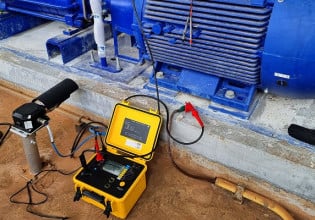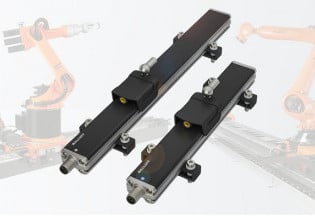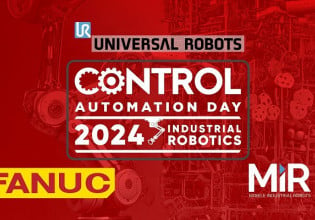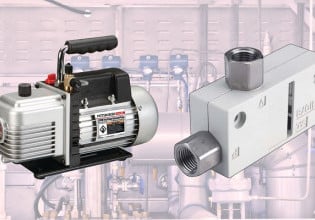The Trend of Robotics in Retail Manufacturing Grows as Fast Retailing Co. Partners with Mujin and Exotec Solutions for Warehouse Automation
This week, Japanese fashion company Fast Retailing partnered with two robotic start-ups to aid in efficiency and automation.
Fast Retailing Co. is a fashion holding company that holds multiple subsidiaries including Uniqlo, J Brand, and GU. Fast Retailing mainly specializes in discount casual ware and is Asia’s largest fashion retailer by sales and the world's second-largest.
Despite its position in the industry, however, Fast Retailing has experienced overstocking, long lead times, and other supply chain issues. In an effort to address these issues, Fast Retailing Co, Ltd has announced that it will invest $900 million (approximately 100 billion yen), into automated solutions to aid in shorter lead times, removal of overstocking, and faster response to external forces.
To help with the integration of automation, Fast Retailing has partnered with two robotic start-up companies; Mujin Inc. and Exotec Solutions SAS.
Mujin Inc has specialties involving robotic arms, 3D vision, robotic teaching, and bin picking.

A robotic arm made by Mujin, Inc. Image from Mujin, Inc.
Exotec provides solutions in order picking systems, including their Skypod which is capable of accessing storage bins as high as 10 meters off the ground.

The Exotec Solutions Skypod for reaching inventory on high shelving. Image from Exotec Solutions.
The combination of these two related companies could see automated factories whereby Mjuin Inc technology is used to process incoming stock and storage while Exotec is used for automating the order process so that customer orders can be dealt with 24/7.
A Growing Trend in Automation
Typically, when people think of automation in industry, they think of high-tech industries such as electronics, semiconductors, and materials. However, Fast Retailing is a prime example of how automation can be integrated into almost any industry.
Over time, products are becoming cheaper and manufacturing consistency is becoming easier to achieve. What used to take a team of trained individuals can now be replaced with machinery. Since the start of the Industrial Revolution, there have been waves of advancements with each step allowing for higher production rates, greater efficiency, and cheaper products. For example, the invention of the electronic computer allowed for machinery to be controlled by software instead of physical devices such as cams which made it easier to develop unique industrial processes as well as monitor the environment to improve consistency.
Manufacturing used to be the center of western countries such as the UK and US but due to changing economies and increased wages, far-east countries have taken over with low labor costs and access to raw materials. For the past few decades, these far-east counties have relied on human labor to produce goods but now that their own populations are looking towards better working conditions and jobs (such as financial services), there is increasing pressure on manufacturers.
With the advent of AI and machine learning, we are on the brink of the next step of industrial manufacturing.
Where have you seen automation advance as it has in this retail application? What benefits and downsides can you observe? Share your thoughts in the comments below.






